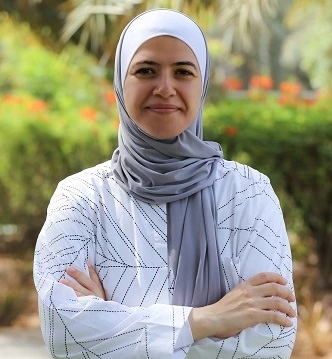All you need to know about separation anxiety
Does your child cry when you leave the house without him? Does he feel sad and tear up when you drop him off at daycare or preschool in the morning? Don't worry; this doesn't mean your child dislikes his daycare or is spoiled. Your child is exhibiting a normal condition common among infants and toddlers: separation anxiety. Learn more in this article about this condition, its causes, symptoms, and how to handle it.


What is Separation Anxiety?
Separation anxiety is the child's fear of being apart from their parents. Symptoms manifest as the child crying and clinging to their parents when being dropped off at nursery, preschool, or school or when parents leave the house, leaving them with relatives or a babysitter. This is a natural part of the child's emotional and social development. While it might be distressing for parents to see their child cry, it's generally nothing to be concerned about. This anxiety resembles stranger anxiety; it's normal for a child to cry around unfamiliar people.
When Does it Start, and How Long Does it Last?
This anxiety may start as early as six or seven months and usually peaks around 14 to 18 months. It gradually fades during early childhood. Symptoms may show in infants as young as four or five months, but most kids experience it around nine months. Many infants overcome separation anxiety during their first year, but symptoms may intensify around 15 to 18 months. It's worth noting that a child's attachment to their parents can be more intense when they are hungry, tired, or unwell, emotions they often experience! In older children, symptoms may manifest as prolonged crying fits or tantrums, causing significant stress for the parents.
How to Handle Separation Anxiety in Children
Start gradually
Before you return to work from maternity leave, don't suddenly leave your child at daycare or with a nanny. Do it gradually; leave him or her for an hour the first time, then slowly extend the duration so your child can get used to your absence and the separation isn't abrupt and harsh.
Talk to Your Child
You might think your child is too young to understand words, but children understand your tone of voice, realizing you're offering reassurance. Before you leave, let your child know when you'll be back. Always say goodbye and let him or her see you go; surprising him with your absence feels like a harsh betrayal to a child.
Keep Your Child busy
Whether you're leaving your child at daycare, with a babysitter, or a family member, make sure they're engaged in something fun before you go. This will significantly ease the impact of separation.
Make Goodbyes Short
Don't prolong the farewell. Give your child a hug and a kiss, and tell them you love them. Then, leave without lingering, as this could make your child even more attached.
Be Positive
Even if it's hard to say goodbye, don't let your child see your fear or anxiety, as this will transmit to them. Your child always looks to you for reassurance.
Stick to Routine
Always take your child to daycare or leave for work at the same time, and maintain the same farewell routine. This helps reduce stress and separation anxiety.
Keep Your Promises
Make specific and clear promises that your child can understand. Tell them you'll be back after their nap or playtime, and do your best to keep that promise. This builds their trust in you.
It's rare for separation anxiety to continue at the same intensity and pace in children. Generally, it tends to decline as they approach preschool age. However, if you've tried these tips and your child still struggles with crying and attachment when you leave, don't hesitate to seek support from the daycare or preschool staff. Additionally, consider consulting your pediatrician to get sound medical advice.
Check out 9 Ideas to Strengthen the Bond Between mom and Newborn






